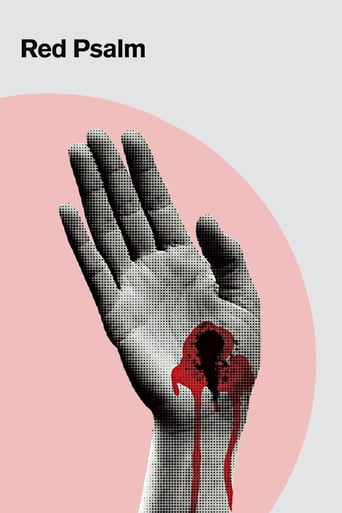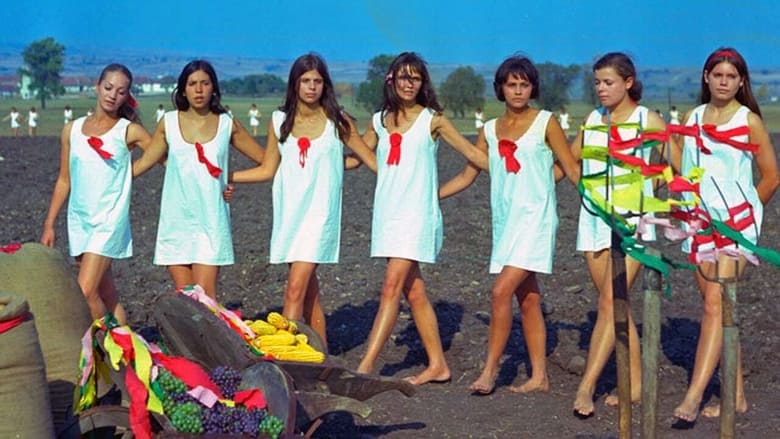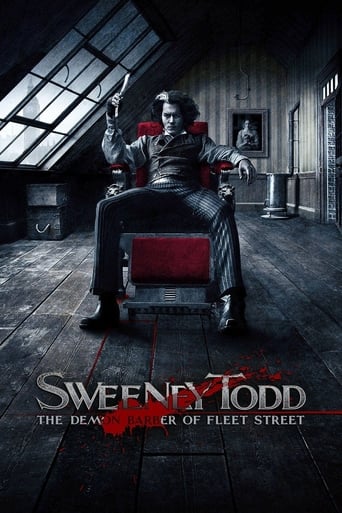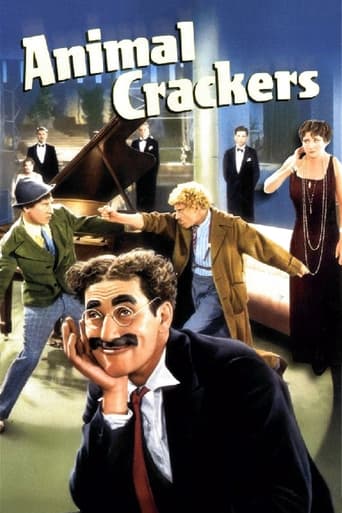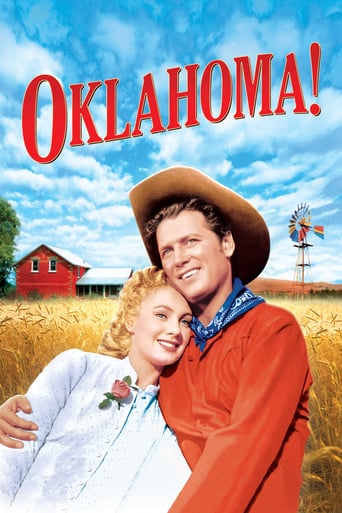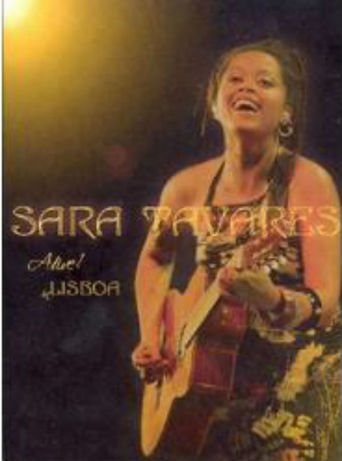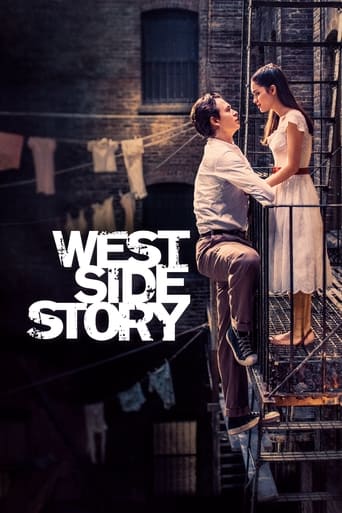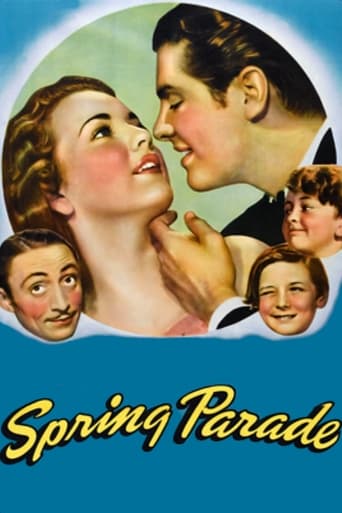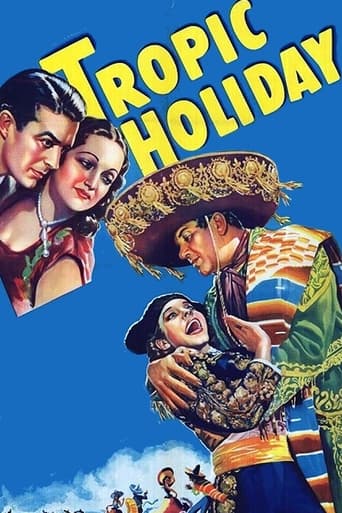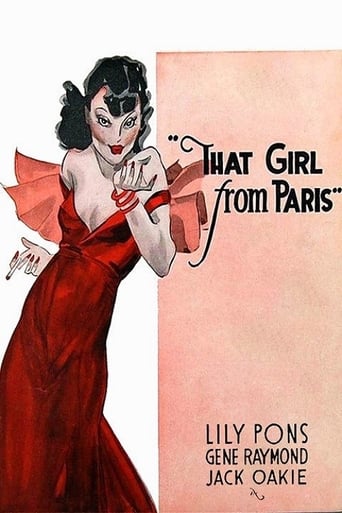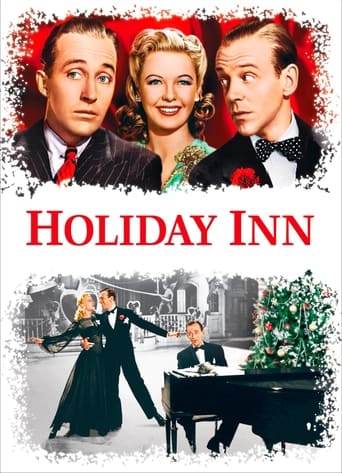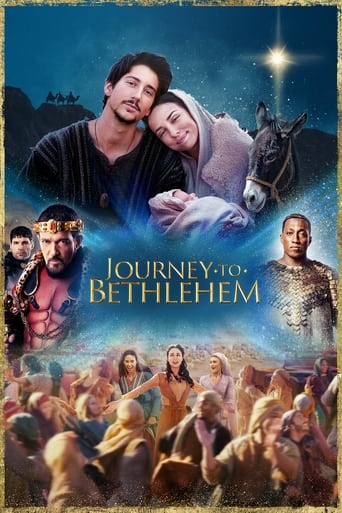Red Psalm (1972)
Set in the 1890s on the Hungarian plains, a group of farm workers go on strike in which they face harsh reprisals and the reality of revolt, oppression, morality and violence.
Watch Trailer
Free Trial Channels
Cast


Similar titles
Reviews
Brilliant and touching
It's fun, it's light, [but] it has a hard time when its tries to get heavy.
If you're interested in the topic at hand, you should just watch it and judge yourself because the reviews have gone very biased by people that didn't even watch it and just hate (or love) the creator. I liked it, it was well written, narrated, and directed and it was about a topic that interests me.
The movie is wonderful and true, an act of love in all its contradictions and complexity
The film Red Psalm is more a fantastic ballet or opera than a realistic story. It portrays the revolutionary spirit in the Hungarian countryside. The events play in a feudal society, where the village is constantly plundered by passing soldiers. Actually the cavalrymen are always and persistently present in the background of the sets. Whilst the soldiers make away with the lute, the peasants dance, make music, sing and deliberate. Now and then they kill an officer, a civil servant or a priest, nothing to make a song and dance about. Or they are massacred themselves by the military. In short, the film rejects feudalism and praises freedom. It is a glorification of peasants' uprisings, not of a socialist (industrial) revolution. I enjoy revolutionary hymns, and recognized the usual song: the Marseillaise, the Internationale and the Varshavyanka. Red Psalm is clearly rooted in the Leninist tradition, and it shows the typical Leninist contradiction. For on the one hand the regime of the state was red tape: conservative, bureaucratic and official. And on the other hand the state culture glorified revolutions of all kinds. This includes the sexual revolution, for again and again three naked women pop up on the scene. It also includes the invention of the wheel (joke). The Leninist state itself provided a living to the people and even allowed the production of films like this one. But it ruled by command and was devoid of freedom. In summary, I would not call Red Psalm a master-piece, but is is agreeable to watch. If you enjoy Leninist films, consider seeing my other reviews.
Here is something you have never seen before. A war musical with dancing naked women, armed men, choreographed walking, communist folk songs and poetic settings.The film is based on peasant uprisings in Hungary that occurred between 1980 and 1910. The style is like something from a poetic theater. People hardly talk and everything is very staged. You might even say fake. Well, I suspect the message of the film is in the style. It is fake because communism and its origin was fake. It was an Utopia based on a lie. Miklós Jancsó was a socialist but not a communist (most people confuse the two) and he was critical of the direction his country was taking (as can be seen in other films by him). Here he gets the communist government to finance a film that looks like a glorious praise of the origin of the party while the style is telling us that this is all a staged lie. Don't believe it, any more than you believe that all these scenes are a realistic account of what happened.The music is brilliant. Folk songs, many probably used in the peasant uprisings. I also liked the staging and the poetic imagery, like how a stigmata wound in the hand turned into a red flower, which looks like a French Revolution rosette cockade pin. And how many will die only because of one shot fired. And the use of doves, as symbols of peace and harmony, was beautiful. And the naked women? I guess they represent the innocence and the beauty of the peasant, who in their ignorance believed in the promised land.You might not enjoy this film if you watch it as a straight communist propaganda. Watch it as a clever Trojan horse, pretending to be one thing while smuggling critical social commentary and you might get much more out of it. I for one liked this film for its bravery, its message, poetic beauty and for being like no other musical out there.
It was the first time i encounter a Hungarian filmmaker when i watched, by mistake Red psalm.The movie surprised me on many layers Beyond all the expectations that i had before i watched it: An exceptional treatment of the image and the cinematography. With only 27 cuts, Jansco manages with his moving camera and his choreographed scenes to tell a story that is so transparent, so poetic, and so close to the heart.A small group of farm workers, some songs and some rifles, thats all what took jansco to make a fascinating movie, although one can argue that the communist manifestation in the movie is direct, but one must not forget the environment and the mentality through which a group of farm workers in a simple field in the Hungarian countryside may accept or refuse a way of thinking and of acting, the thing that the director was aware of completely.The dancing, the songs, the movements, and the theatrical monologues, all in all , even the name , "Red Psalm" and its sweet resonance in the ear as much as the movie is pleasing for the eye, all those factors make the movie rather a sweet love poem, a piece of poetry that teaches love, revolt and solidarity, Chapeau Mr. Miklos !
In the book “1001 Movies You Must See Before You Die” eminent film critic Jonathan Rosenbaum wrote about RED PSALM being “…dazzling…awesome…ravishing…striking…it may well be the greatest Hungarian film of its time…”; conversely, Miklos Jancso'’s acknowledged masterpiece THE ROUND-UP (1965) – which I adore – is conspicuous by its absence in that singular pantheon. Besides, the late great film critic Raymond Durgnat wrote extensively about this film in his very last article published in 2002. Furthermore, Jancso' won the best direction prize at the Cannes Film Festival when Joseph Losey (whom I admire a great deal) was the President of the Jury and where RED PSALM was competing against such remarkable contenders as Robert Altman’s IMAGES, Harry Kumel’s MALPERTUIS, Peter Medak’s THE RULING CLASS and Andrei Tarkovsky’s SOLARIS! Why is it, then, that my star rating is such a lowly one? There is no doubt in my mind that this is a key work in the director’s canon (which makes my underwhelmed reaction all the more painful to me) but, frankly, this is truly a case where form completely overpowers content or, to put it in the apposite layman’s terms, a film which can only be admired but not enjoyed. The main reason for this is that the entire running time (a relatively modest 81 minutes in PAL mode) is taken up by Jancso'’s obsession with politics and folklore with no space left for any real characters to emerge much less a discernible plot line. This would hardly be a problem in itself where it not for the fact that when somebody takes a break from the constant – and by now familiar – communal dancing marathons (which, thankfully, does mean that some of the typically stunning girls get to shed their clothing), they do so only to spout a litany of Communist diatribes which completely wear the viewer (and the film itself) down before long. Although Jancso'’s exuberant visual style always had a certain aloofness to it, I really didn’t connect at all with any of the characters or events depicted here. In fact, I’d go so far as to say that this is one time where the English subtitles (which, in themselves, are grammatically awkward and replete with spelling mistakes) distinctly felt like an intrusion and their verbosity detracted from the power of the meticulously composed images. Consequently, one’s enjoyment of the film as a whole suffers for it and given the generic, prosaic nature of the dialogue, I might well consider watching the film unsubtitled in the future! Amusingly enough, however, the Catholic prayer of Our Father is even blasphemously transformed into a Communist credo at one point.Still, this is not to say that the film is completely worthless: the rebelling peasant farmers sing various songs (a couple of which are in English) that, while lyrically are merely propagandistic, are also melodically haunting. Given Jancso'’s penchant for lengthy, traveling sequence-shots (the film is said to contain a mere 26 in all!) which are, essentially, its true raison d’etre, some striking images can’t help but stand out, in particular the burning of a church by the peasants and their eventual massacre by the landowners’ army of defenders. Even more remarkable is Jancso' fusing his historical recreation with unexpected but decidedly welcome fantasy elements which sees dead people coming back to life with a kiss and, in an unheralded uproar to which nobody retaliates, an incensed peasant woman shoots several soldiers in quick succession single-handedly, etc.As a result of my disappointing viewing of RED PSALM, I have decided to to take a sabbatical from Jancso' for now and postpone the three other films of his that I have in my possession to a later date (by which time, nevertheless, hopefully I would have acquired two more)…

